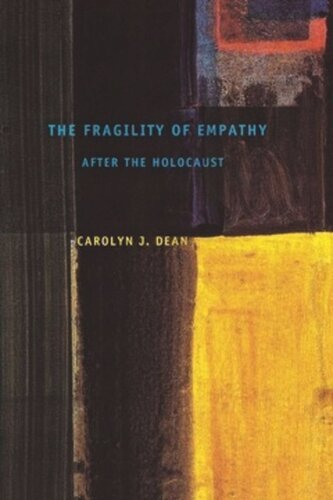

Most ebook files are in PDF format, so you can easily read them using various software such as Foxit Reader or directly on the Google Chrome browser.
Some ebook files are released by publishers in other formats such as .awz, .mobi, .epub, .fb2, etc. You may need to install specific software to read these formats on mobile/PC, such as Calibre.
Please read the tutorial at this link: https://ebookbell.com/faq
We offer FREE conversion to the popular formats you request; however, this may take some time. Therefore, right after payment, please email us, and we will try to provide the service as quickly as possible.
For some exceptional file formats or broken links (if any), please refrain from opening any disputes. Instead, email us first, and we will try to assist within a maximum of 6 hours.
EbookBell Team

5.0
40 reviewsWhen we are confronted with images of and memoirs from the Holocaust and subsequent cases of vast cruelty and suffering, is our impulse to empathize put at risk by the possibility of becoming numb to horror? Carolyn J. Dean's provocative new book addresses the ways we evade our failures of empathy in the face of massive suffering: Has exposure (or overexposure) to representations of pain damaged our ability to feel? Do the frequent claims that artistic representations of extreme cruelty are pornographic allow us to dodge the real issues that we must confront in attempting to come to terms with suffering? Does an excess of terror place constraints on compassion?Dean examines the very different representations of suffering found in visual media, history writing, cultural criticism, and journalism that grapple with the assumption that Americans and Western Europeans have been rendered numb and their appropriate human responses blunted by the events of the past century. The Fragility of Empathy after the Holocaust will be of interest to all readers concerned with contemporary "victim culture," Holocaust representation, and humanism.